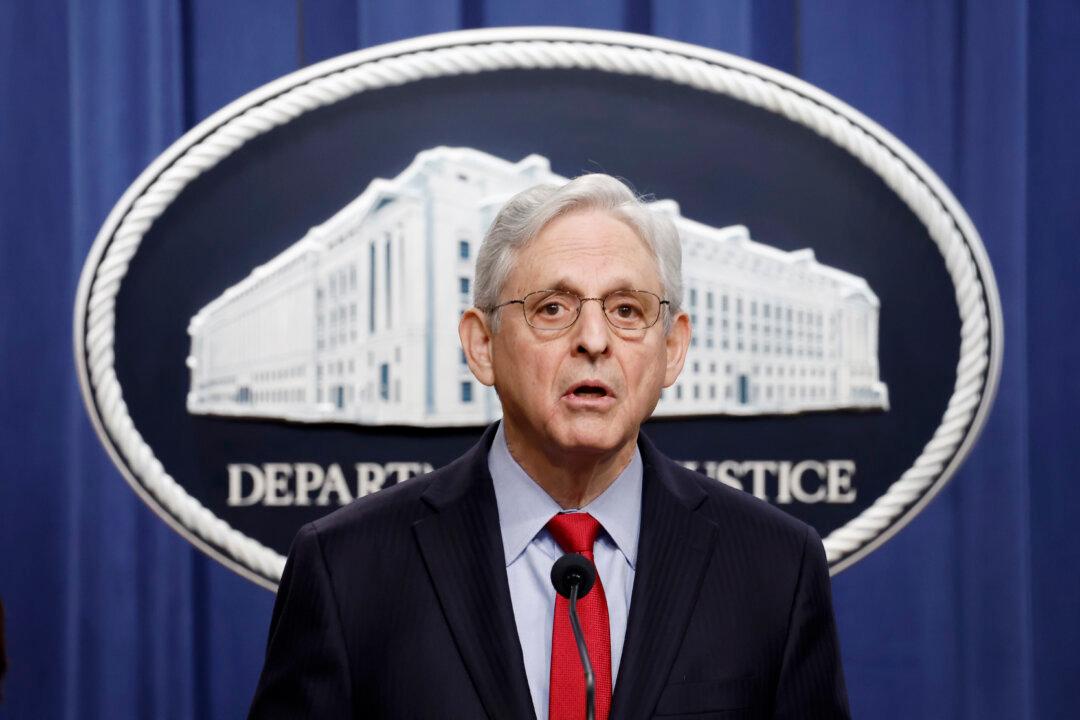The U.S. Department of Justice (DOJ) wants to quickly release a report detailing special counsel Jack Smith’s investigation into President-elect Donald Trump.
DOJ officials in a filing docketed on Jan. 10 said that the U.S. Court of Appeals for the 11th Circuit should remove a lower court order preventing it from releasing the report for three days.





